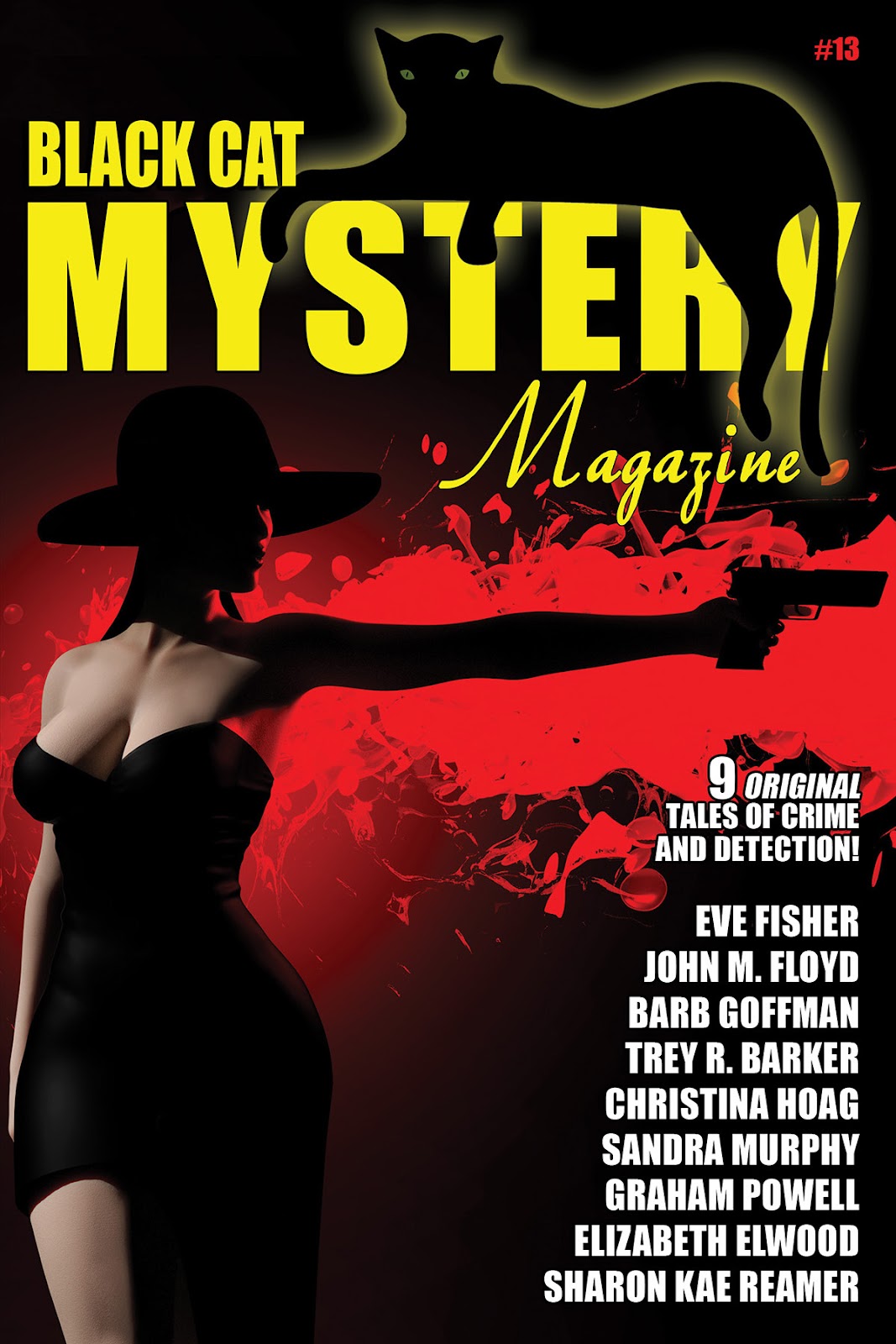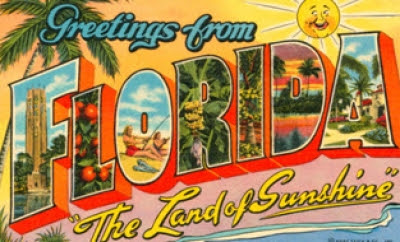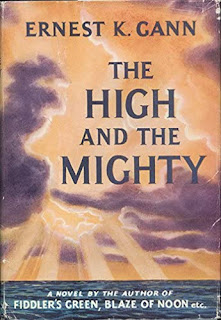There are two experiences everyone that every writer or creative person is familiar with. One is frustrating, the other pleasurable.
The frustrating one has to do with “idea capture.” Every day ideas for stories pop into our heads. In the course of our days, we also stumble across great quotes, interesting observations, clever articles that spin our heads in new directions, compelling us to keep a copy or write down a single germ of an idea for future use. If you’re like me, you end up with a pile of Post-Its, scraps of paper, or old envelopes on your desk, or PDFs, links, photos, or screenshots buried somewhere on your hard drive. If you’re not careful to tuck these precious morsels away somewhere safe, you’ll have a devil of a time finding them again.
Decades ago I remember reading that Buckminster Fuller said that from the moment you have an idea you have 17 minutes to do something physical with it—write it down, tie a string around your finger, sing it out loud until it's stuck in your head—or it will disappear.
I loved that Fuller quote. It touched on a few of my interests. For one, I’m a productivity geek, probably because—who are we kidding?—I’m spectacularly unproductive most of the time. But I nevertheless love hearing about ways that creative people work with ideas. I also have a local connection to Fuller. In the late 1940s, Fuller taught at Black Mountain College, a liberal arts college that once operated not far from where I live in North Carolina. The school closed in 1957, but is remembered fondly because it’s where Fuller and his students first began experimenting with geodesic domes.
Could there be a short story about Bucky in my future? Maybe, but I’m not ready to deal with it now. But I wanted to keep this little nugget of an idea. Where do I put it?
In the old days, I would have saved a link to Rob’s piece in a Word doc somewhere, and instantly forgotten where I slipped it into the bottomless morass of folders on my hard drive. Worse, I would have printed out the post and tucked it into a file cabinet, where it would also be lost forever.
These days, I create and devote a page to this single idea in my
Obsidian app. Obsidian is an interesting piece of software that works on Mac, Windows, and Linux systems. You can load it on your phone or your desktop. It’s also absolutely free, unless you are buying it for everyone at your business and want access to future developer support.
To save a note, you open a blank window, type your note, then code the text as well. I’m a Luddite, so when I say I’m “coding,” you can bet that doing so is pathetically easy. Tags are generated using the hashtag (#), highlighted/underlined words are generated using double brackets [[like this]]. This is known as a Markdown program, but you don’t need to know that to use Obsidian.
Here’s how the Buckminster Fuller quote page looked when I got done with it.
Notice: Fuller and Lopresti are underlined and highlighted. Concepts like the 17-Minute Rule, geodesic domes, idea, and Black Mountain College are tagged.
If I’m in a hurry, I don’t bother coding. I’ll do it another day. That’s one of the things I like about Obsidian; you can always return to your collection of notes to see what you’ve collected. I use those sessions to prune, code, and tidy my files. Doing this helps jog my memory and remind me what I’ve amassed. (You can also correct or update old files if new information comes to light. Quotes, for example, are often attributed to the wrong people. In this case, I could not quickly find a source online that could verify that Fuller uttered the observation about the 17-minute-rule. Rob said as much in his post.)
That caveat aside, if you follow through and diligently code your ever-expanding collection of notes, Obsidian establishes connections between all these things. When you underline
Robert Lopresti, for instance, the software instantly creates a
Robert Lopresti page elsewhere in the software. I can return to that page and drop in other factoids I know about Rob. (For some reason I forgot to add that Rob is a folk singer who has released an
actual album.)
Likewise, in the future, if I click on Fuller’s name, the software will pull up the dedicated Fuller page that it has so kindly generated. If I click on a tag, it will find all the references to that item that may be lurking in my otherwise mixed-up files.
Which brings me to the pleasurable experience I referenced above. Imagine a dinner party with good friends in which you and your companions chat well into the night.
“I saw this article on geodesic domes,” one person will say. “And did you know—”
“That’s cool,” another person says. “My great-aunt Gertrude actually dated Buckminster Fuller!”
“No way!” says another, “you know, I heard that he said you can only remember new ideas for 17 minutes. That kinda makes sense! ”
“I hate forgetting ideas. I keep a notebook near my bed at night!”
“I have a tape recorder!”
“I use my phone!”
In any conversation where the speakers are actually listening to each other, everyone starts free-associating, tossing off whatever pops into their head about the current topic of conversation. Granted, the connections between what you are all saying may only be tangentially linked, but you can go hours mining the recesses of your subconscious for factoids that touch upon the central topic.
This sort of interaction is one of the great pleasures of human relationships. If the conversation goes well, everyone returns home at the end of the night thinking that had a great time. Why? Because they bonded with their fellow humans over a great meal, a glass of wine, and a rich tapestry of ideas.
Obsidian mimics the way our minds draw connections in those situations. The more pages of notes you add to Obsidian, the deeper, richer, better, and, ahem, Fuller, those connections become. Then, when you click on the software’s graph view, you get a picture that resembles drawings I’ve seen of neural networks.
This can be useful if you’re accustomed to writing essays or blog posts. The graph view reminds you of connections you’ve probably forgotten, and suggests ones you haven’t even thought of. In this scenario, the center node—How Long Ideas Last—is the central idea around which slighter connections (Fuller, Lopresti) revolve.
You’ll find videos on YouTube that can help you master Obsidian. At the end of those tutorials, the productivity gurus often say that while it’s fine to just use Obsidian as a file cabinet to collect all your notes in one place, its true value lies in tracking your own ideas—not just ones you picked up in your reading or mined via a SleuthSayers post.
Obsidian hasn’t completely banished paper from my desk. But these days that pile has been reduced to daily to-dos. Creative ideas are collected swiftly. If something pops into my head at night, I can always groggily snatch the phone off the bedside table, type a note into the app, and drift back to Snoozelandia long before that 17 minutes has elapsed. Somewhere, Bucky is smiling.
See you in three weeks!
Joe
josephdagnese.com














.jpg)




.jpg)
.jpg)










